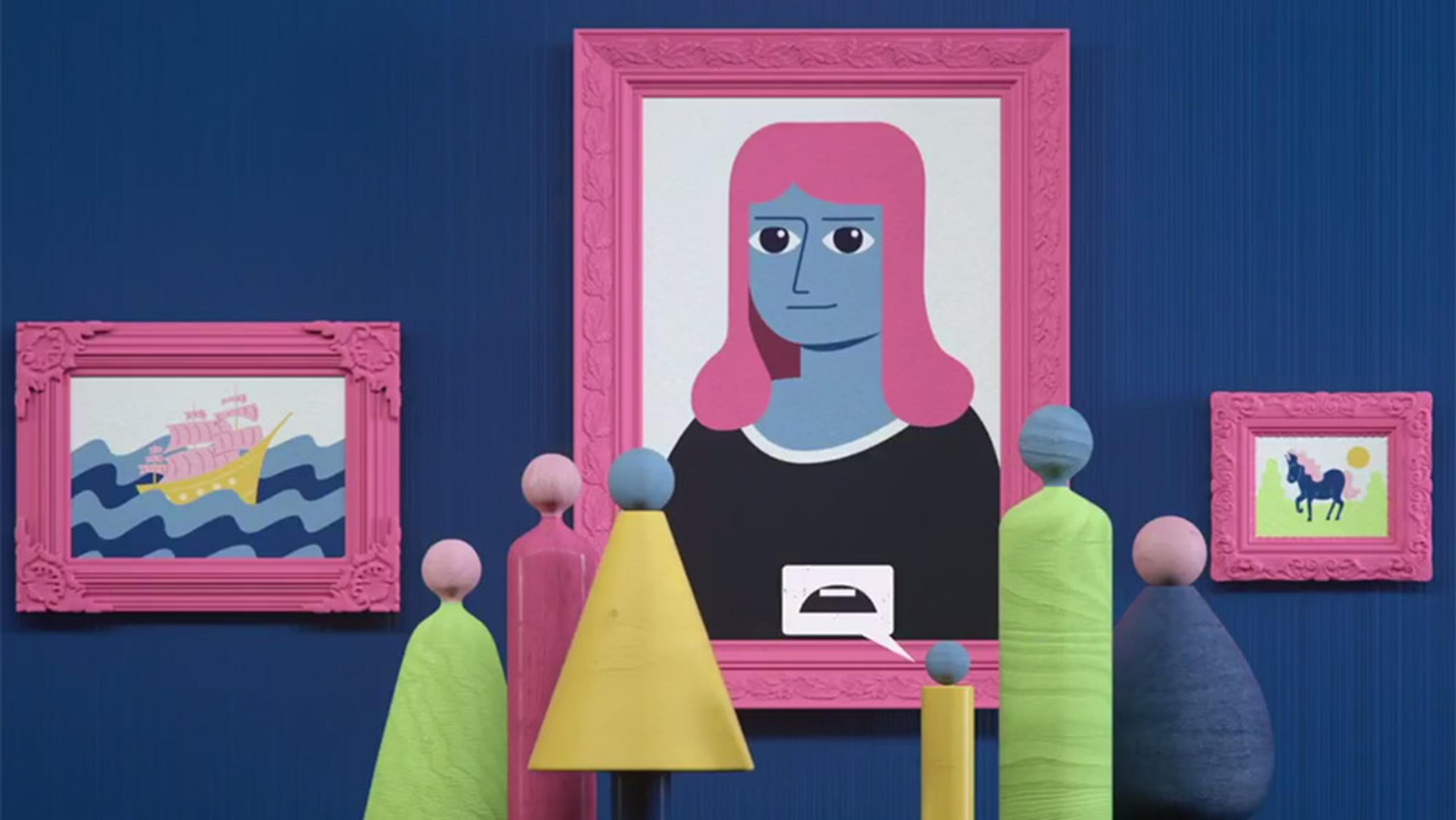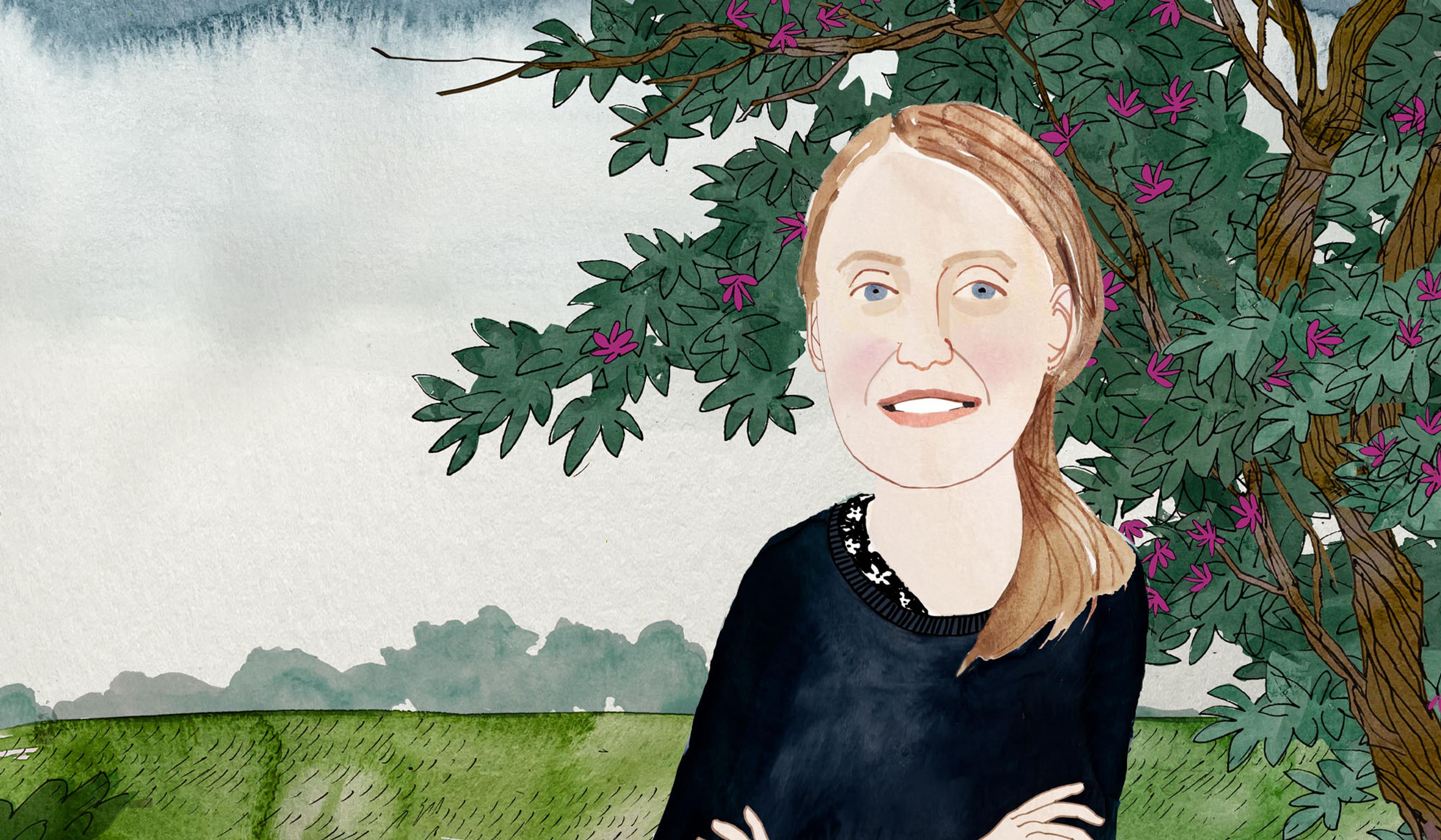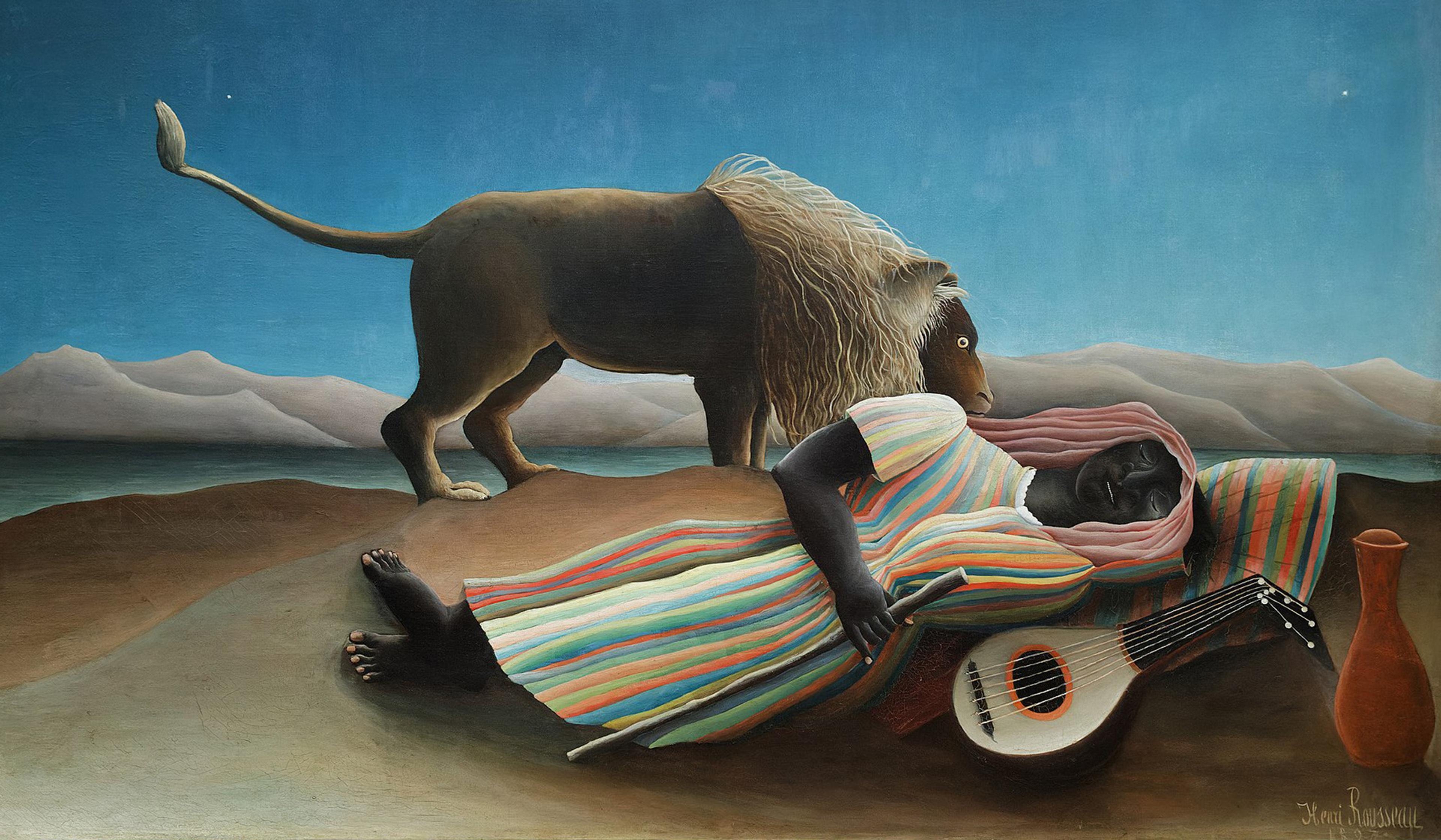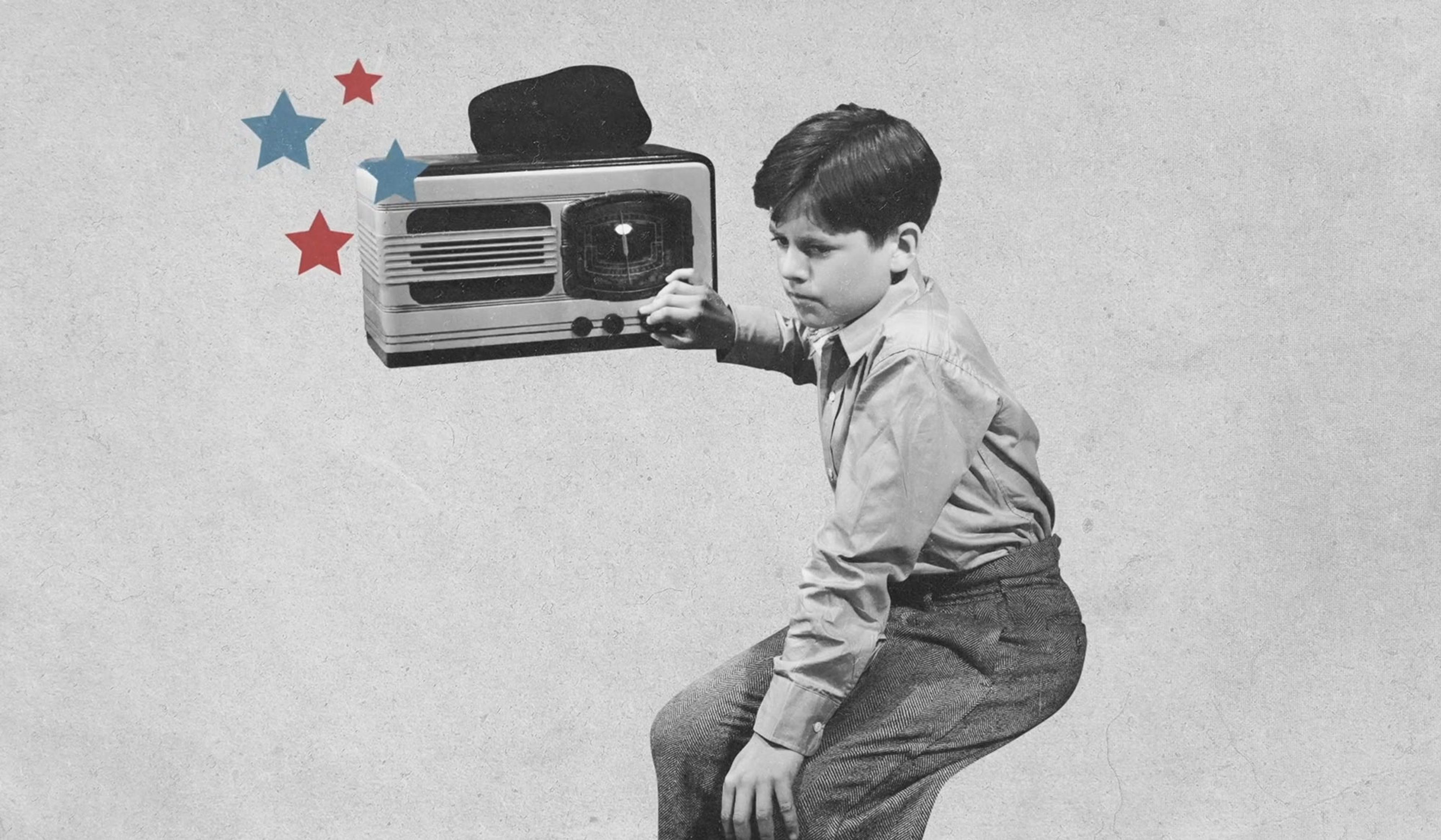It’s perhaps not startling to learn that the expectations of others have a significant impact on us. Over the past century, however, scientists have been surprised to observe just how forcefully expectations can nudge the abilities of people – and rats – in one direction or another. Featuring audio excerpts from NPR’s Invisibilia podcast, this animation draws on the work of the US psychologists Robert Rosenthal and Carol Dweck to briefly delve into how expectations can raise or lower student performance, speed up or slow down soldiers, and make maze-solving lab rats smarter or dumber.
Want to make a lab rat smarter? Treat it like a smarter lab rat
Director and Animator: Francesca Cattaneo
Website: Invisibilia

videoNeuroscience
On the ‘beholder’s share’ – how past experience influences our perception of art
5 minutes

videoNeuroscience
What will we do when neuroimaging allows us to reconstruct dreams and memories?
4 minutes

videoCognition and intelligence
How a ‘periodic table’ of animal intelligence could help to root out human bias
5 minutes

videoCognition and intelligence
Leaping from firing neurons to human behaviour is tempting, but it’s a perilous gap
3 minutes

videoSleep and dreams
How might the dreamworlds of other animals differ from our own?
8 minutes

videoPhilosophy of mind
Can we really make conscious decisions, or is agency just a trick of the brain?
2 minutes

videoCognition and intelligence
No, Mozart isn’t a brain hack for babies – here’s how music really affects intelligence
5 minutes

videoCognition and intelligence
How the dramatic arc can change our brain chemistry and spur us to action
6 minutes

videoNeuroscience
What is your dog really thinking? MRI brain scans might soon provide the answer
7 minutes